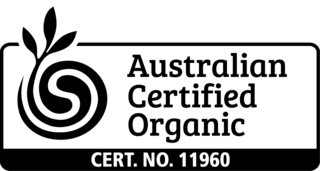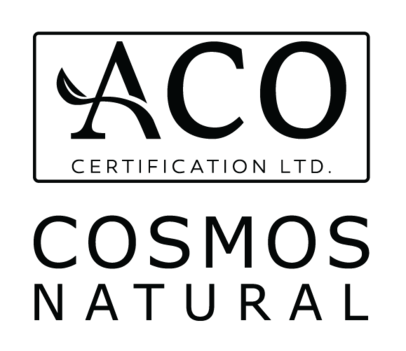
At Four Cow Farm, we think a lot about every ingredient that goes into the products we craft, from the water we use (all collected at the farm and filtered and processed right here) to the oils we use (all extra virgin cold-pressed and of the highest food grade quality) to the preservatives we use (always food grade, always in the lowest possible amounts).
Another concern that’s always on our minds is - do the ingredients we use have any long-term effects?
We know that many of our customers will use us for years, some of them from the very first day of their lives. So crafting skincare that takes this into account is absolutely top-of-mind when Nanna develops her recipes.
Remember, natural isn’t always safe, and more isn’t necessarily better - especially when it’s in a product you use daily. Here are a few to watch out for -
-
Citrus, mint, eucalyptus and lemongrass essential oils. Even tiny amounts of mint and eucalyptus essential oils can cause breathing problems in children, whilst citrus and lemongrass oils can increase skin sensitivity to UV radiation and create long-term allergic reactions in the skin. Unfortunately these are some of the most overused essential oils - you’ll find them in everything from facial washes to surface cleaners - due to their fragrance.
-
AHAs (alpha hydroxy acids) and BHAs (beta hydroxy acids). Both types of acids are marketed in a wide range of products aimed at women looking to banish wrinkles, fine lines or uneven skin tone, the latter being more potent than the former. They are designed to break down skin cells to trigger the creation of new cells, but their presence in so many skincare products has meant that many women are over-exposed to them causing dryness, irritation and breakouts. They also increase long-term UV sensitivity, meaning the skin is less protected from the sun (yikes!).
-
Vitamin C. Another ingredient widely touted as an anti-aging ingredient in skincare. But just like any highly acidic ingredient, using it too often or in too high concentrations will trigger sensitivity, especially in skin that’s already dry and sensitive. In addition, because it’s often used with other ingredients, the combined effect often enhances its ability to irritate the skin.
-
Hyaluronic acid. An ingredient that’s naturally produced by your body to retain water in your tissues, doesn’t that mean it should therefore be safe? But its ability to draw moisture from its surroundings means that if not used carefully, or if a lower-weight version of it is used (increasing its ability to cross the skin barrier), it begins drawing moisture from the skin, exacerbating skin sensitivity and causing skin redness and acne, which often only surface after long-term use.
- Long lists of natural extracts. Our favourite bugbear! Since natural is good, a longer list of natural is better, isn’t it? Just like any organ, in order to function well, the skin needs to be taken care of. The worst thing we can do to skin - whether young, old, or somewhere in between - is to overwhelm it with extracts and ingredients, even natural ones, designed to strip, attack and change it. The result is almost always skin that’s damaged, fragile and needing repair.




